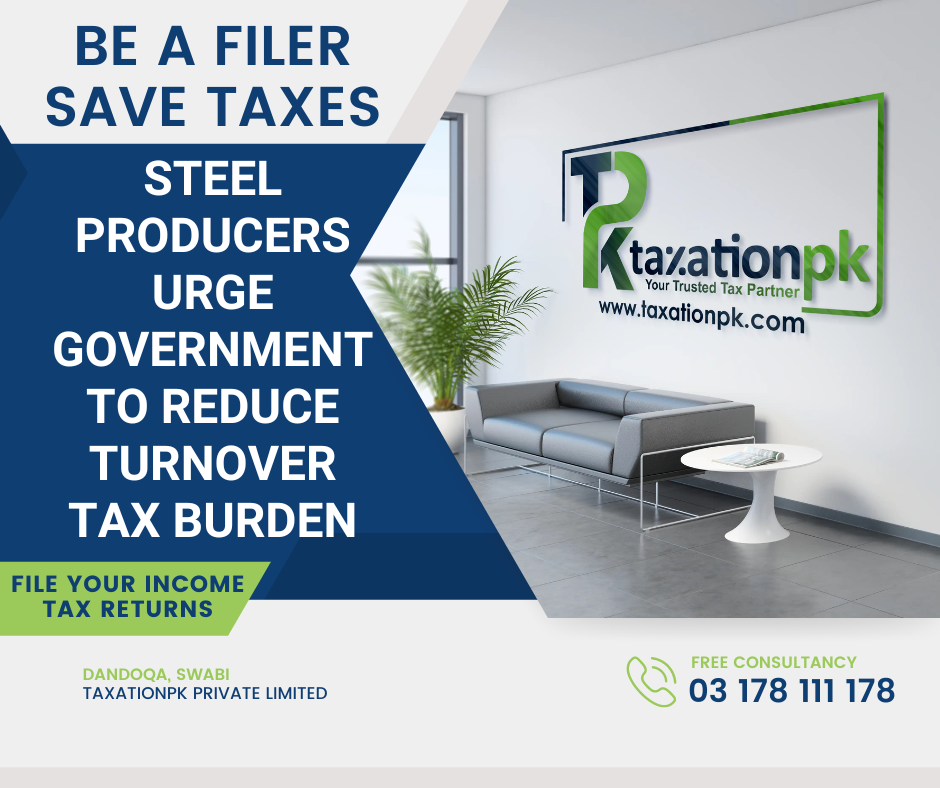Pakistan’s steel industry is calling on the government to slash its turnover tax rate, citing economic hardship and a desire for a more level playing field. The Pakistan Association of Large Steel Producers (PALSP) sent a letter to Finance Minister Muhammad Aurangzeb advocating for a reduction from the current 1.25% to just 0.5%.
Seeking Tax Relief and Fair Treatment
The association highlighted the significant disparity in tax rates between different industries. While some sectors benefit from a 0.5% turnover tax, steel producers are stuck with a higher levy. PALSP argues that this disparity creates an unfair advantage for competitors and hinders the steel industry’s ability to grow.
Impact of High Turnover Tax
The letter emphasizes the significant challenges faced by the steel industry, including closures and financial losses. PALSP contends that the high turnover tax further strains producers, making it difficult to absorb the cost and maintain production capacity. The association suggests extending the tax adjustment period from 3 to 10 years to ease the burden.
Call for a Policy Shift
PALSP implores the government to move away from “ineffective policies of the past” and adopt a more equitable tax structure. They advocate for a system that treats all sectors fairly and fosters a conducive business environment. The association emphasizes that these reforms are essential for not only the steel industry’s survival but also for promoting balanced economic growth across the board.
Historical Context and Industry Struggles
The letter underscores the significant decline in Pakistan’s GDP since the turnover tax’s introduction in 1992. PALSP argues that the current economic crisis is not the industry’s fault and that a reduction in the tax rate is necessary to ensure a more sustainable future.
Recommendations and Potential Benefits
PALSP proposes a rationalized turnover tax regime that considers the industry’s current difficulties. They believe that by addressing these concerns, the government can pave the way for a more productive and equitable future for the steel sector and all stakeholders involved.






